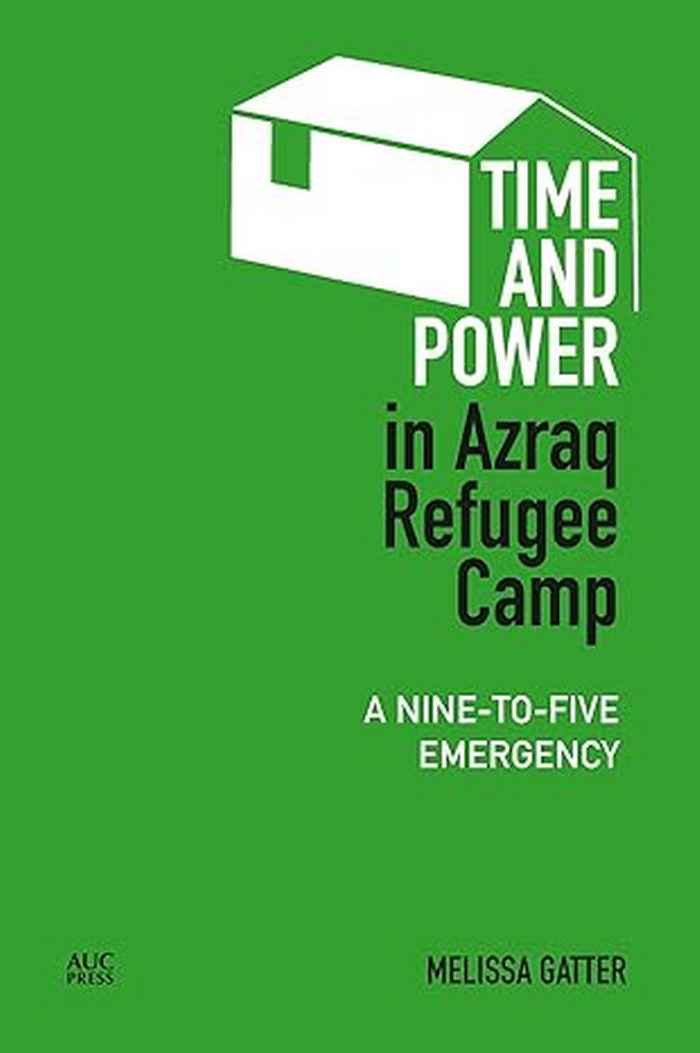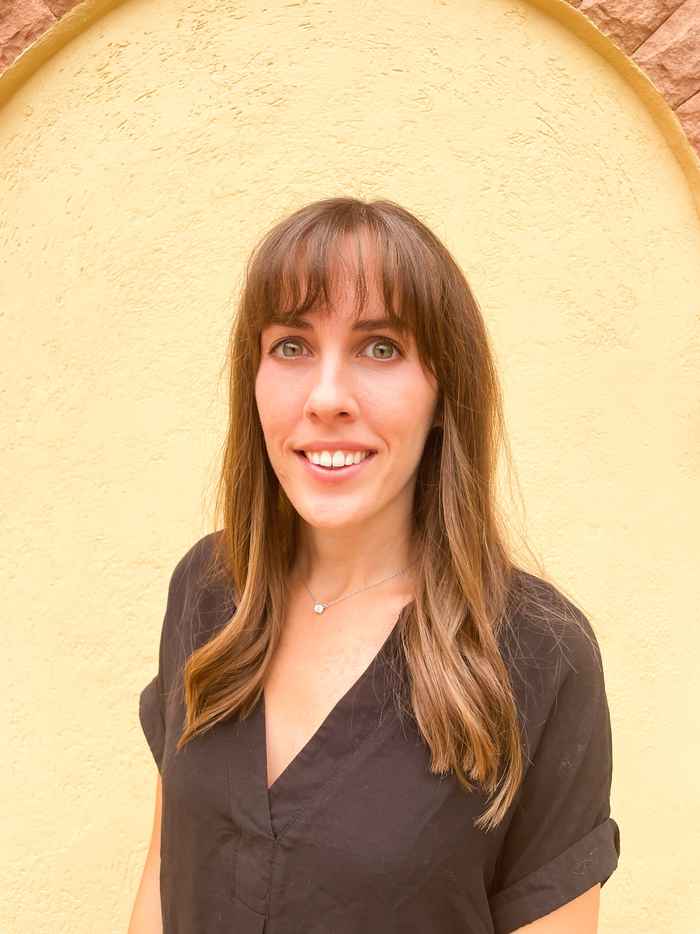Time and Power in Azraq Refugee Camp. A Nine-to-Five Emergency
Book talk by Melissa Gatter
- Date
- 15 April 2025
- Time
- 16:00 -17:30
- Room
- B9.22

Based on ethnographic fieldwork conducted in 2017–2018, the book interrogates the role of time in shaping refugee experiences, showing how mundane bureaucratic routines sustain a system of control. In Azraq, the wait for services, for answers, and for return becomes a way of life—an indefinite delay masked by the orderliness of humanitarian procedure.
Far from being an “ideal” refugee camp, Azraq reveals the cruel paradoxes of humanitarian governance: a system intended to protect refugees that instead limits their futures. Gatter explores how refugees navigate this temporal regime, responding to it in ways that are at once practical, resistant, and deeply shaped by hope and resignation.
During this book talk, Dr. Gatter will share insights from her research and engage in discussion on time, power, and the politics of displacement in the Middle East. The event will include a Q&A and informal discussion. No registration needed.

Melissa Gatter is Assistant Professor in Anthropology and International Development at the University of Sussex. Her research examines the power dynamics of forced displacement, development, and time in refugee camps in Jordan, the US, and beyond.
Alongside her research, Melissa has consulted on development programs across the Arabic-speaking world, including Egypt and Lebanon, and she formerly worked as a development practitioner for leading aid agencies in Jordan, including Save the Children.
Currently, her research follows the emerging situation for asylum seekers in shelters and camps in New York City and her home city of Chicago, interrogating the work camps do as global interconnected technologies. She is the author of Time and Power in Azraq Refugee Camp: A Nine-to-Five Emergency (AUC Press), winner of the 2023 Alixa Naff Prize in Migration Studies.
This book talk is hosted by the Amsterdam Centre for Conflict Studies (ACCS) & Amsterdam Centre for Middle Eastern Studies (ACMES)